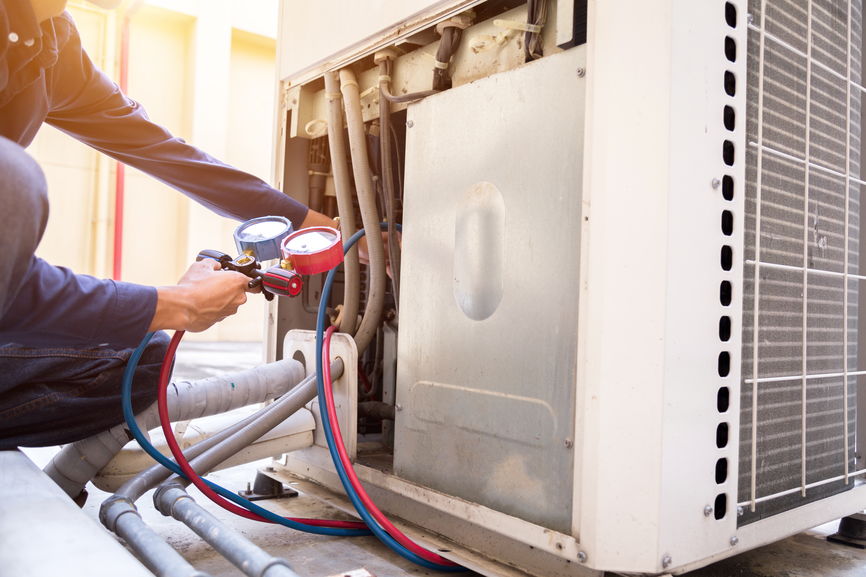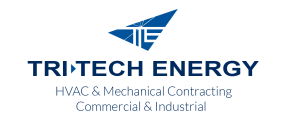
Do you have your commercial boiler and/or HVAC systems routinely serviced? Regular maintenance for commercial HVAC and boiler systems can help mitigate expensive and urgent repairs, can extend the life of the equipment, and will save you energy costs over time. A properly functioning commercial heating system is essential now that we’re in the colder months. Having your equipment inspected and serviced on a regular basis provides your tenants and/or staff with a more comfortable environment.
Rather than wait until something goes wrong, we recommend having your commercial heating system inspected and serviced on a regular basis, ensuring it remains in top working condition. This will save you from expensive repairs and headaches throughout the heating season.
How can you maximize the lifespan of your commercial heating system? Here are several tips:
- Start by creating a maintenance plan. If you don’t already have one, now is the perfect time to make a 2021 maintenance plan for your commercial heating system. If you don’t have an in-house maintenance team, contact your local HVAC/Mechanical contractor and ask them what they recommend, then set up a maintenance plan for your heating systems.
- Check and replace your air filters on a regular basis. With commercial HVAC systems it can be easy to adhere to the “out of sight, out of mind” mantra, but having clean air filters is extremely important and this is a task you can usually perform yourself. We recommend changing your air filters at least once every six months to ensure the air remains free from dust, mold, and other allergens.
- Inspect the evaporator/condenser coils and look for a build-up of mold, dust, or dirt. If you think you see any build-up, call your local HVAC contractor to clean them as soon as possible. Commercial HVAC systems are often high-moisture environments, so build-up is common, but it needs to be cleaned right away.
- Keep the area around your HVAC system as clean as possible. During your monthly air filter and evaporator coil checks, also check that the areas around your indoor HVAC units aren’t obstructed by any furniture or other objects that can impact performance as well as accessibility. Similarly, the space around your outdoor HVAC units should be free from dirt, leaves, grass, and other debris that can get stuck in the coils and affect performance.
- Regularly monitor and inspect your boilers. Be sure to continually monitor your boilers and make sure they are operating properly. Regularly check temperatures, pressures, and water levels to make sure they are operating the way they are supposed to. Specifically with steam boilers, ensure they are blown down regularly. This will help prevent buildup of sludge/mud in the boilers as well as inside operating controls/safety controls.
Keep your heating system in top condition with Tri-Tech Energy
It’s winter and it’s cold outside, which means it’s essential to have a commercial heating system that works properly. It’s a matter of health and safety for your staff or residents. The last thing you want is for your commercial heating system to malfunction in the middle of the night, or during the workday. Meaning you’ll need to call an emergency commercial HVAC/mechanical contractor to fix the issues, while also causing disruption to the people who use your buildings.
You can avoid disruptive heating system breakdowns and also keep your energy costs lower by scheduling regular boiler service. Commercial heating systems aren’t cheap, so it’s wise to invest in regular maintenance that will help maximize the lifespan of the units while ensuring they function properly. It’ll also maintain a safe, healthy environment for your staff or tenants.
For more information about maximizing the lifespan of your commercial boiler system, or if you have any questions about boiler service, please contact Tri-Tech Energy today.
Original content is posted on https://www.tritechenergy.com/blog/tips-for-maximizing-the-lifespan-of-commercial-heating-systems/

